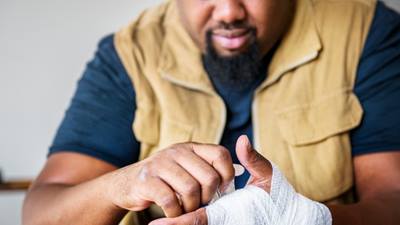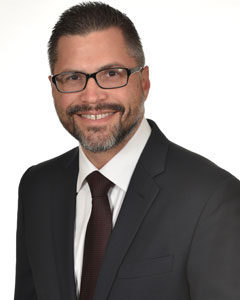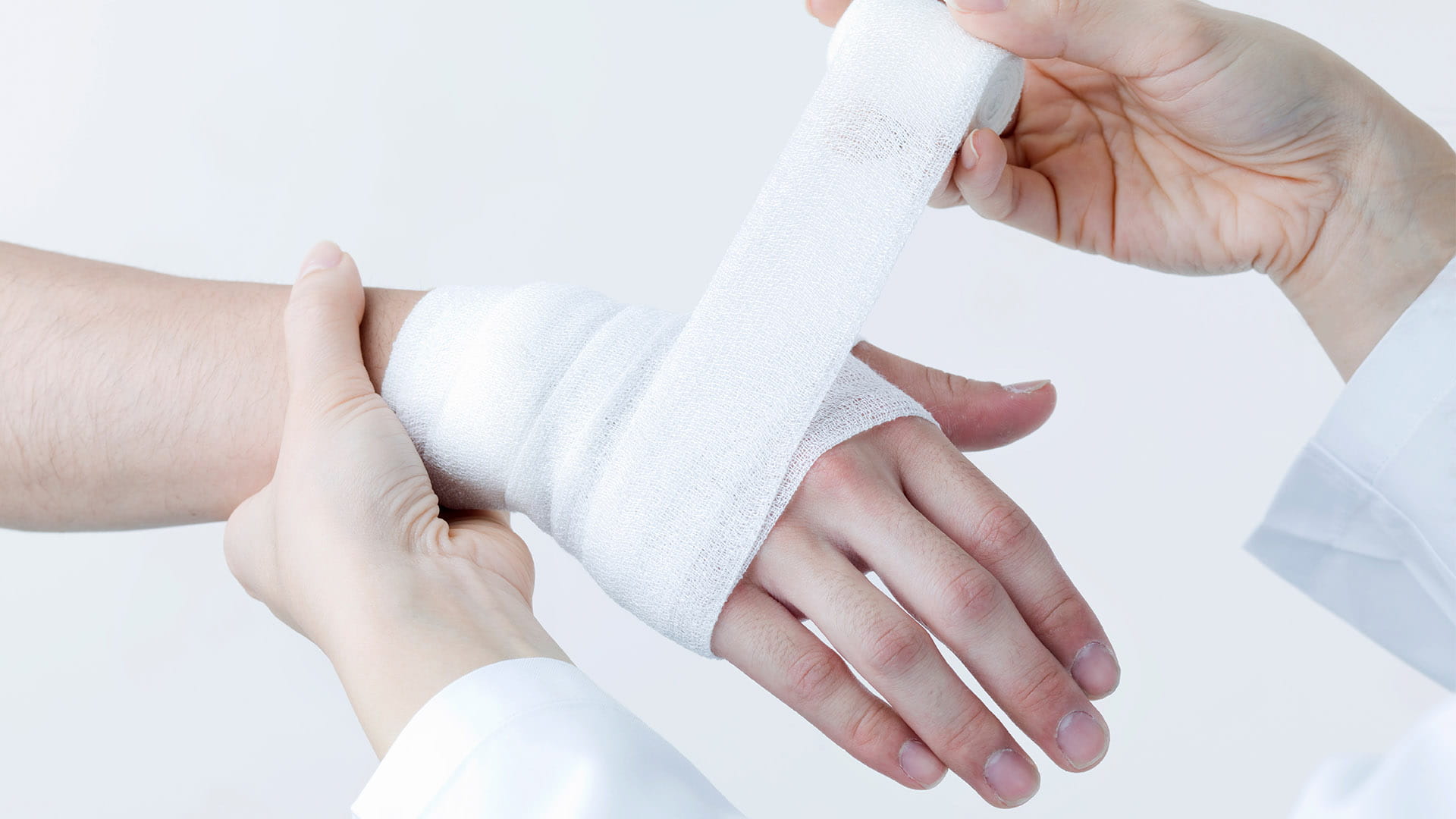Curing the Wound that Won’t Heal
When you have a wound, your body usually has the incredible ability to heal itself. In some cases, that doesn’t happen. Some wounds don’t heal despite standard wound care and need advanced help. The first step is recognizing when a wound is slow to heal.
A wound occurs whenever the skin is broken. It can be a scrape, cut or puncture. When this happens, your body recognizes there is a problem and automatically starts a cascade of events to close the wound. Multiple cells are involved and it ends with newly generated skin.
This Needs More than a Bandage
Sometimes the body’s natural process for healing a wound isn’t sufficient. That may occur because there is an underlying problem affecting the healing process. The wound can look pale or dark, have foul-smelling drainage or significant inflammation. If you have a wound that is not progressing and failing to heal, you should have it checked by your doctor.
But Why Won’t It Heal?
Several issues can make it more difficult for your body to repair itself. Medical conditions that impact the delivery of oxygen and nutrients to cells affect the migration of cells. Diseases that cause swelling also will disrupt healing. 
When uncontrolled, diabetes can affect how different cells get to the area of the wound to start the healing process. The disease also can decrease vascular supply, destroying nerves. This makes you more vulnerable to chronic wounds, especially on the feet. The lack of sensation can lead to persistent pressure in some areas that can eventually break the skin.
Venous and arterial circulation problems can affect healing, particularly if there is not enough vascular supply to deliver oxygen and nutrients to the area to encourage healing. If you have a problem with your venous return, which causes swelling (especially in the lower extremities) your healing will be affected.
A deficiency in the immune system can impair healing. Medications suppressing the immune system, such as steroids and chemotherapy, can change how cells get into the open wound or how new blood vessels form.
Underlying malignancies, connective tissue disease (such as lupus), vasculitis, immune deficiencies and sickle cell disease can be associated with an impaired healing process.
People with impaired mobility, whether from a stroke, paralysis or a disease affecting the neurological system, are at risk of developing chronic wounds such as pressure ulcers.
Expert Help Is Here
If you have a wound that won’t heal despite standard care, a wound care center can help. The wound care center specialists are well-trained in managing chronic wounds and can identify and address the underlying conditions preventing healing.
Their team will select proper dressings to maintain a healthy environment for the wound. Swelling, if any, is controlled with aggressive compression therapy. If vascular supply is a problem, you will be referred to the appropriate specialist who can help to improve blood flow. The team will use a state-of-the-art skin substitute if needed, and, if indicated, will consider hyperbaric oxygen therapy.
Any wound that fails to heal needs to be addressed. By controlling the underlying condition, your wounds can heal, and usually very quickly. Open wounds cannot be taken lightly since they can lead to more serious complications. The wound care specialists are the best qualified medical professionals to care for your non-healing wounds.
Choose to Stay in Touch
Sign up to receive the latest health news and trends, wellness & prevention tips, and much more from Orlando Health.
Sign Up





